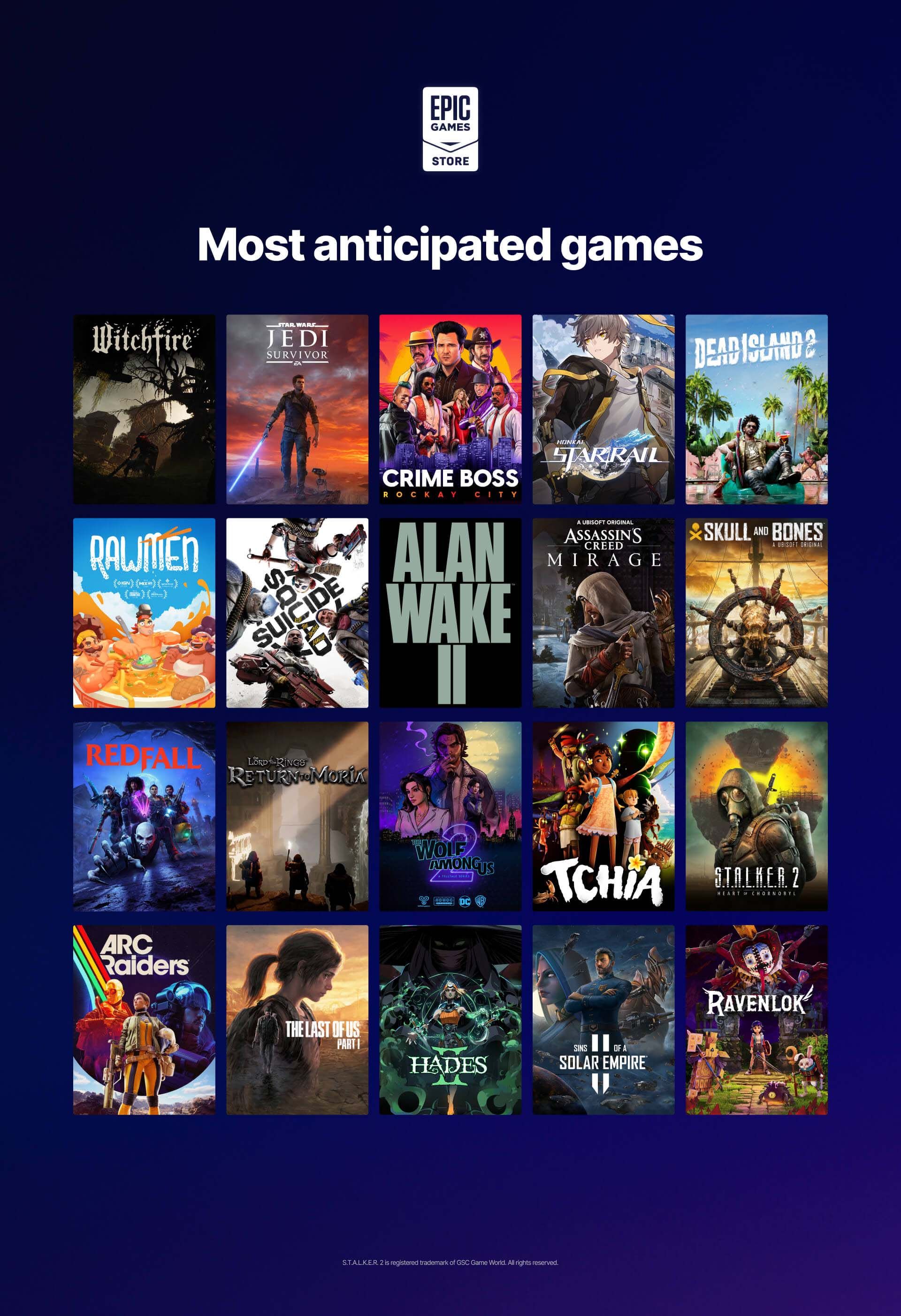Unveiling Epic Theater: Beyond The Fourth Wall
In the realm of performing arts, few movements have challenged the very foundation of storytelling as profoundly as epic theater. Far from being merely a spectacle for passive consumption, this revolutionary dramatic form, championed by its principal architect, Bertolt Brecht, actively invites audiences to think, question, and engage with the narrative on an intellectual level, rather than just an emotional one. It's a deliberate turning of traditional theater on its head, aiming to inspire societal change and critical reflection.
While the term "epic" might conjure images of grand cinematic adventures like those experienced at Epic Theatres with their "epic XL" screens, it's crucial to distinguish this modern usage from the specific, profound meaning of "epic theater" in dramatic theory. This article delves into the core principles, historical context, and enduring legacy of this influential theatrical movement, exploring how it reshaped the relationship between stage and spectator.
Table of Contents
- What is Epic Theater? A Paradigm Shift in Performance
- The Architect of Epic Theater: Bertolt Brecht
- Key Principles of Epic Theater: Breaking the Illusion
- Techniques Employed in Epic Theater
- Epic Theater vs. Traditional Drama: A Fundamental Divide
- The Enduring Legacy and Influence of Epic Theater
- Beyond the Stage: The Term 'Epic' in Modern Entertainment
- Why Epic Theater Matters Today: Cultivating Critical Engagement
- Conclusion
What is Epic Theater? A Paradigm Shift in Performance
At its heart, **epic theater** is a form of didactic drama presenting a series of loosely connected scenes that deliberately avoid illusion. Unlike conventional plays that aim to draw the audience into a fictional world, epic theater often interrupts the storyline to address the audience directly with analysis, argument, or documentation. Its primary goal is not to evoke empathy or emotional catharsis, but to stimulate critical thought and encourage viewers to question the societal conditions depicted on stage.
Developed mainly by Bertolt Brecht in the early 20th century, this theatrical approach turns traditional theater on its head. Instead of merely watching a play unfold and becoming emotionally invested in the characters' fates, audiences are encouraged to think and engage with the story, aiming to inspire change in society. This fundamentally redefines the audience's role from passive observers to active participants in a dialectical process. Brecht believed that if the audience became too immersed in the illusion, they would simply accept the presented reality without questioning its underlying social and political implications. Therefore, breaking that illusion became a cornerstone of his work.
The Architect of Epic Theater: Bertolt Brecht
No discussion of **epic theater** is complete without a deep dive into the life and work of Bertolt Brecht (1898-1956). Born Eugen Berthold Friedrich Brecht in Augsburg, Germany, he was a playwright, poet, and theater director who fundamentally reshaped 20th-century drama. His early experiences, particularly witnessing the horrors of World War I and the social upheaval in post-war Germany, profoundly influenced his artistic and political convictions. Brecht was a Marxist, and his theatrical theories were deeply intertwined with his belief in the power of art to instigate social change.
Brecht saw theater not as an escape, but as a laboratory for social experimentation. He believed that traditional, Aristotelian drama, with its emphasis on emotional identification and catharsis, lulled the audience into a state of passive acceptance. He sought to dismantle this passive relationship, creating a form of theater that would provoke thought, encourage critical analysis, and ultimately, move audiences to action outside the theater walls. His plays, such as *The Threepenny Opera*, *Mother Courage and Her Children*, and *The Good Person of Szechwan*, are enduring examples of his theoretical principles put into practice, exploring themes of capitalism, war, morality, and social injustice with a sharp, analytical lens. Brecht's commitment to using theater as a tool for societal critique makes him one of the most influential, trailblazing artists the world has ever known, providing audiences with an inside look into complex social dynamics as never before.
Key Principles of Epic Theater: Breaking the Illusion
The revolutionary nature of **epic theater** stems from several core principles designed to keep the audience critically engaged rather than emotionally absorbed. These principles are what truly differentiate Brecht's work from conventional drama.
The Verfremdungseffekt (Alienation Effect)
Perhaps the most famous and central concept in epic theater is the *Verfremdungseffekt*, often translated as the "alienation effect" or "distancing effect." This technique aims to make the familiar strange, presenting events or characters in a way that prevents the audience from taking them for granted or identifying with them too closely. By disrupting the illusion of reality, Brecht sought to force spectators to observe and analyze the social conditions and behaviors depicted, rather than simply empathize with the characters' plights.
The alienation effect is achieved through various means, including: actors directly addressing the audience, visible stage machinery, non-naturalistic acting styles, placards announcing scene summaries, and the use of songs that comment on the action rather than advance it. The goal is to make the audience think, "This is not natural, this is constructed," thereby encouraging them to question the social structures and norms that the play is examining.
Didacticism and Social Commentary
At its core, **epic theater** is didactic. It seeks to teach, to inform, and to provoke thought about social and political issues. Brecht believed that theater should be a tool for social change, not merely entertainment. His plays often present complex moral dilemmas and societal contradictions, forcing the audience to confront uncomfortable truths and consider alternative ways of organizing society.
This didactic purpose means that the play's message is paramount. While entertainment is not entirely dismissed, it is secondary to the intellectual engagement. The aim is to inspire critical thinking and, ultimately, action. Instead of just watching a play, audiences are encouraged to think and engage with the story, aiming to inspire change in society. This active engagement distinguishes it sharply from traditional forms where the audience's role is largely passive.
Non-Linear Narrative and Episodic Structure
Epic theater typically features a series of loosely connected scenes that avoid the tightly knit, cause-and-effect plot of traditional drama. This episodic structure, often with jump cuts or abrupt shifts in time and place, prevents the audience from becoming emotionally invested in a continuous narrative arc. Instead, each scene functions almost as a self-contained vignette, presenting a specific social problem or illustrating a particular point.
This non-linear approach also allows the play to interrupt the story line to address the audience directly with analysis, argument, or documentation. Such interruptions, often through narration, songs, or direct address, further break the illusion and serve the didactic purpose by providing commentary or additional information that prompts critical reflection rather than emotional absorption. The absence of a strong, continuous narrative prevents the build-up of catharsis, which Brecht viewed as a detrimental emotional release that would prevent critical thought.
Techniques Employed in Epic Theater
To achieve its unique effects, **epic theater** utilizes a range of specific techniques designed to alienate the audience and highlight the constructed nature of the performance:
- Direct Address to Audience: Actors frequently break the fourth wall, speaking directly to the spectators, asking questions, or delivering commentary. This shatters any illusion of a separate reality on stage.
- Use of Narration and Placards: A narrator might guide the audience through the story, providing context or explicit commentary. Placards or signs displaying scene titles, summaries, or statistics are often used to announce upcoming events, revealing plot points in advance and removing suspense, thus focusing attention on *how* things happen rather than *what* happens.
- Songs and Musical Numbers: Songs are frequently incorporated, but unlike in musicals where they advance the plot or reveal character emotion, in epic theater, they often serve as interruptions. They might comment on the action, present an argument, or offer a different perspective, further breaking the narrative flow and encouraging reflection.
- Minimalist Sets and Visible Stagecraft: Sets are often sparse and functional, with visible lighting rigs, ropes, and props. The audience is constantly reminded that they are watching a play, not a real event. Actors might change costumes or makeup on stage, further exposing the theatricality.
- Breaking Character: Actors might occasionally step out of character to comment on their role or the scene, or to directly address the audience, reinforcing the idea that they are performers presenting a story, not embodying a reality.
- Historification: Presenting contemporary social issues through historical or foreign settings. This allows the audience to view the problems with a certain detachment, making it easier to analyze them objectively without the immediate emotional baggage of their own time and place.
Epic Theater vs. Traditional Drama: A Fundamental Divide
The distinction between **epic theater** and traditional, Aristotelian drama is fundamental to understanding Brecht's revolutionary approach. While both are forms of storytelling, their aims, methods, and desired audience responses diverge dramatically.
Traditional drama, rooted in Aristotle's *Poetics*, emphasizes plot, character, and the evocation of emotions like pity and fear, leading to catharsis – an emotional purging for the audience. The goal is often to create a compelling illusion of reality, drawing the audience into the narrative and fostering identification with the characters. Spectators are meant to be emotionally immersed, suspending disbelief to experience the story as if it were real. The "fourth wall" is sacrosanct, creating an invisible barrier between the actors and the audience, preserving the illusion.
In contrast, **epic theater** actively rejects these conventions. It prioritizes intellectual engagement over emotional identification. Instead of seeking catharsis, it aims for critical analysis. The fourth wall is constantly broken, and the audience is reminded that they are watching a performance, not reality. The focus shifts from "what happens next?" to "why does this happen, and what can be done about it?" Brecht's theater is not about escaping reality but confronting it, dissecting it, and ultimately, changing it. This makes it a form of didactic drama that presents a series of loosely connected scenes that avoid illusion and often interrupt the story line to address the audience directly with analysis, argument, or documentation.
The Enduring Legacy and Influence of Epic Theater
Despite its origins in the early 20th century, the influence of **epic theater** extends far beyond Brecht's lifetime, shaping modern theatrical practices and even spilling into other art forms. Its radical ideas about audience engagement and the purpose of art have resonated with countless playwrights, directors, and performers who seek to use theater as a tool for social commentary and political activism.
Brecht's techniques, particularly the alienation effect, are now commonplace in contemporary theater, film, and television. Directors frequently break the fourth wall, use non-naturalistic staging, or incorporate direct address to the audience to achieve a specific critical or comedic effect. The idea that art can and should provoke thought, challenge norms, and inspire change is a direct legacy of Brechtian principles. From documentary theater to performance art, and even in some forms of experimental cinema, one can observe the echoes of epic theater's didactic and de-illusionizing approach. Its emphasis on exposing the mechanisms of power and encouraging critical questioning remains profoundly relevant in an increasingly complex and mediated world.
Beyond the Stage: The Term 'Epic' in Modern Entertainment
It's fascinating to observe how the word "epic" has evolved in popular culture, often diverging significantly from its specific meaning in "epic theater." Today, "epic" is frequently used to describe something grand, monumental, or exceptionally impressive, particularly in the context of cinema and large-scale entertainment. This is where the distinction between "epic theater" (the dramatic form) and modern entertainment venues like "Epic Theatres" becomes important.
For instance, Epic Theatres is a chain of movie theatres with locations in Florida and North Carolina. These venues promise an "unforgettable cinematic adventure" where "movie magic comes alive." They boast features like "Epic XL" screens, comfortable "recliners with your movies," and amenities such as "fast food, an onsite bar, and Starbucks." Locations like Epic Theatres of West Volusia, Epic Theatres at Lee Vista (5901 Hazeltine National Orlando, FL 32822), Epic Theatres at Mount Dora, Epic Theatres of Palm Coast, Epic Theatres at Titusville, Epic Theatres Old Mill Playhouse, Epic Theatres of Hendersonville, Epic Theatres of Ocala, and Epic Theatres at St. Augustine all aim to provide a premium, immersive viewing experience with reserved seating and advance ticket options. Similarly, Cinemark Walnut Creek Movie Theater in Broadway Plaza offers "XD screen" and caters to audiences seeking "latest blockbusters" with "intense sequences of violence/action, bloody images, some suggestive references, language, and a drug reference."
This modern usage of "epic" in the context of cinema emphasizes spectacle, immersion, and a larger-than-life experience. It's about being swept away by the narrative, feeling the impact of "movie magic." This is almost the inverse of Brecht's **epic theater**, which deliberately *breaks* the illusion and *prevents* emotional immersion to encourage critical thought. While both aim to engage an audience, their methods and ultimate goals are fundamentally different. One seeks to transport you; the other seeks to make you think about why you're being transported and what that means for society.
Why Epic Theater Matters Today: Cultivating Critical Engagement
In an age saturated with information and increasingly sophisticated forms of entertainment that seek to immerse and distract, the principles of **epic theater** remain remarkably relevant. Brecht's call for active, critical engagement from the audience is more pertinent than ever. In a world where narratives are often presented as undeniable truths, the ability to question, analyze, and look beyond the surface is a vital skill.
Epic theater teaches us to be skeptical of seamless narratives, to identify underlying ideologies, and to recognize the constructed nature of reality, both on stage and in life. It encourages us to think about the social forces that shape human behavior and societal structures. By challenging the traditional passive role of the spectator, it empowers individuals to become active participants in understanding and potentially changing their world. This enduring emphasis on critical thought and social responsibility ensures that the legacy of epic theater continues to resonate, providing a powerful model for art that seeks not just to entertain, but to enlighten and empower.
Conclusion
From its revolutionary beginnings with Bertolt Brecht in the early 20th century, **epic theater** stands as a testament to the power of art to provoke, educate, and inspire. By deliberately breaking the illusion of reality and fostering an environment of critical inquiry, it transformed the passive spectator into an active participant. It moved beyond mere entertainment, becoming a vital tool for social commentary and a catalyst for change.
While the term "epic" today might often refer to the grandeur of cinematic experiences like those offered by Epic Theatres, the true essence of Brechtian epic theater lies in its intellectual depth and its unwavering commitment to fostering a critically engaged audience. It reminds us that theater, at its most profound, is not just a mirror reflecting society, but a hammer shaping it. We encourage you to explore more about this fascinating dramatic form, perhaps by reading Brecht's plays or seeking out performances that embrace his principles. What are your thoughts on the role of theater in society? Share your comments below and join the conversation!

Epic Games Support

Epic movie poster - Epic the Movie Photo (36971178) - Fanpop

Epic Games Store Reveals Its Most Anticipated Games of 2023